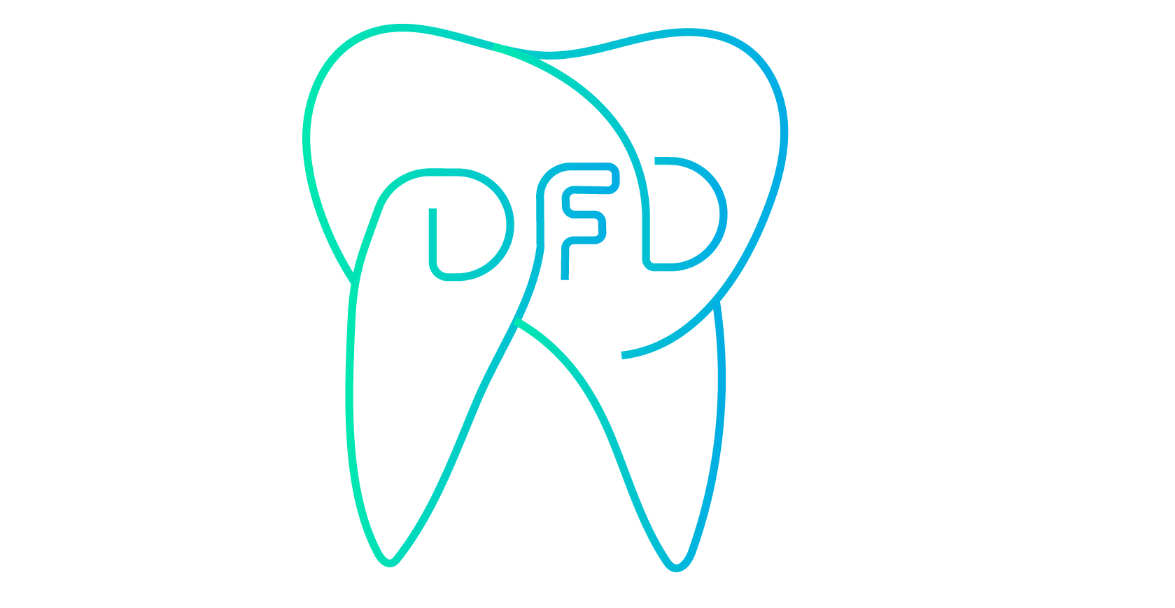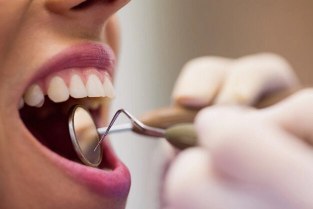Call The Office
Office Time
Monday - Thursday : 8:30am - 4:30pm
Friday: Closed
Email Us
How often should I visit a dentist?
A thorough dental examination is recommended every six months for all. Some may need to come in every 3 or 4 months. Come in and see us so we can suggest a recall time based on conditions in your mouth.
Frequently Asked Questions
We as dentist recommend that you return regularly every 6 months for preventive care. This periodic “recall” visit is important for many reasons.
Why Preventive Care?
Your teeth should last a lifetime. Routine preventive care can help you enjoy a lifetime of good dental health – one that is free of toothache pain or other dental discomforts.
It is important to maintain your dental health because it also affects your general health. A healthy mouth of teeth, will let you chew properly, speak clearly, and to smile confidently. By caring for your teeth you are contributing to your general well-being and enjoyment of life. Remember dental neglect can affect your lifestyle.
Why is a professional "cleaning" necessary?
If plaque is not removed regularly it becomes hardened and forms calculus. This irritant is a major cause of periodontal disease and encourages tooth decay.
Once the plaque hardens into calculus it is impossible for you to remove it. Your dentist, or hygienist, will perform a professional prophylaxis to remove the calculus and to polish your teeth.
I have been told I have Periodontal Disease, what is that?
A regular examination enables your dentist to find and treat periodontal problems (disease of the gum and bone that surround the teeth) before the condition becomes serious enough to cause irreversible damage.
How can dental care cause Developmental Problems?
Regular dental care is particularly important for children, The dentist will evaluate the conditions in the child’s mouth as the primary teeth are lost and permanent teeth move into position. Often minor orthodontic treatment at the right age can prevent the development of a severe malocclusion which will require major, and very expensive, treatment later on.
What is Tooth Decay?
Once a tooth begins to decay, professional treatment is required to stop the destruction and to restore it to normal function. Early detection is possible with a thorough examination and the use of X-rays as necessary. This and prompt treatment enables your dentist to prevent further destruction of the tooth.
What are the different types of Xrays?
Bitewing x-rays typically determine the presence of decay in between teeth – one of the most common areas where decay-causing bacteria reside.
Panoramic x-ray, also called radiograph, allows your dentist to see your whole mouth, including your upper and lower teeth and parts of your jaw, in a single image.
Periapical x-rays are another common type of dental x-ray, which gives the dentist an image of the entire tooth, including the roots.
It is recommended to get Bitewing xrays at least every 12 months and a Panoramic xray every 5 years.
Why should I get them?
X-rays are a diagnostic tool used to detect tooth decay and abnormalities or development problems that are not visible in the mouth. Many conditions, such as tooth decay, bone loss and even cysts, can become very serious before they are visible in the mouth.
Bitewings are the diagnostic xrays that are taken regularly to help a dentist diagnose cavities and treatment plan for the patient during recall appointments.
Panorex gives dentists a clear image of any issues that may be harder to see up close. It can help predict children’s tooth development and may show complications with a teenager’s wisdom teeth before they erupt.
If you have a problem with a single tooth, a Periapical xray will be taken of that area to evaluate a particular tooth’s root structure and bone level, and also can detect cysts and abscesses.

